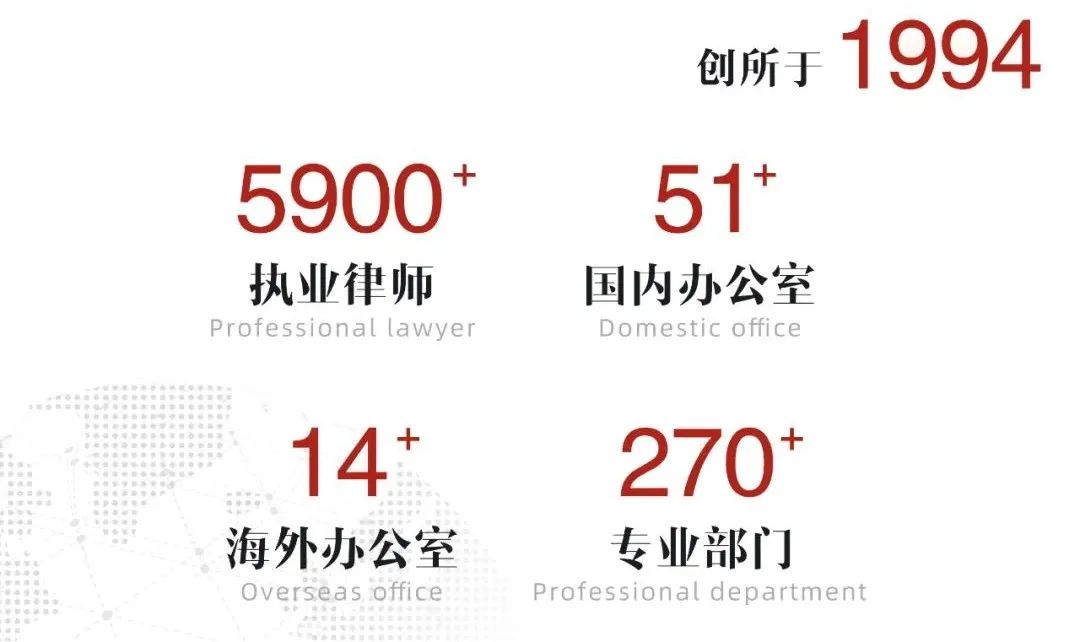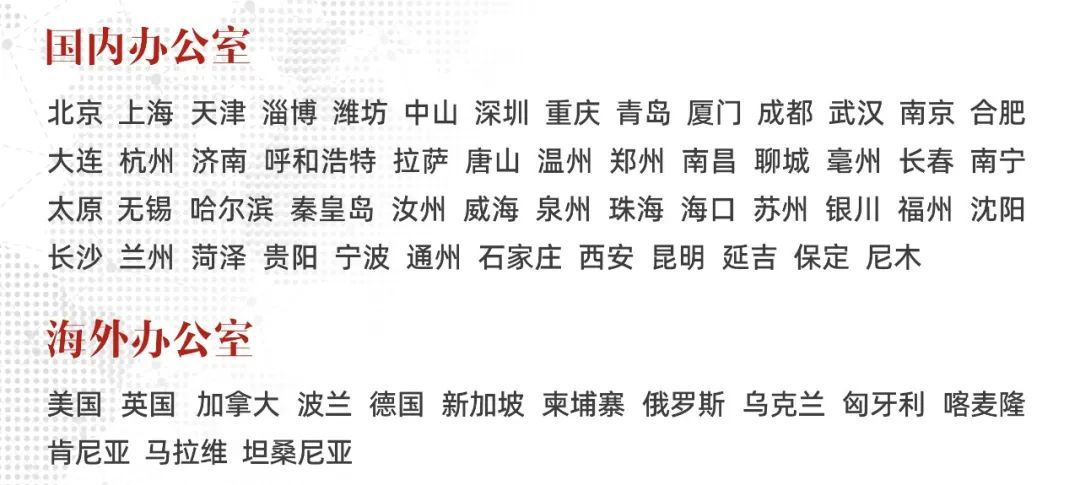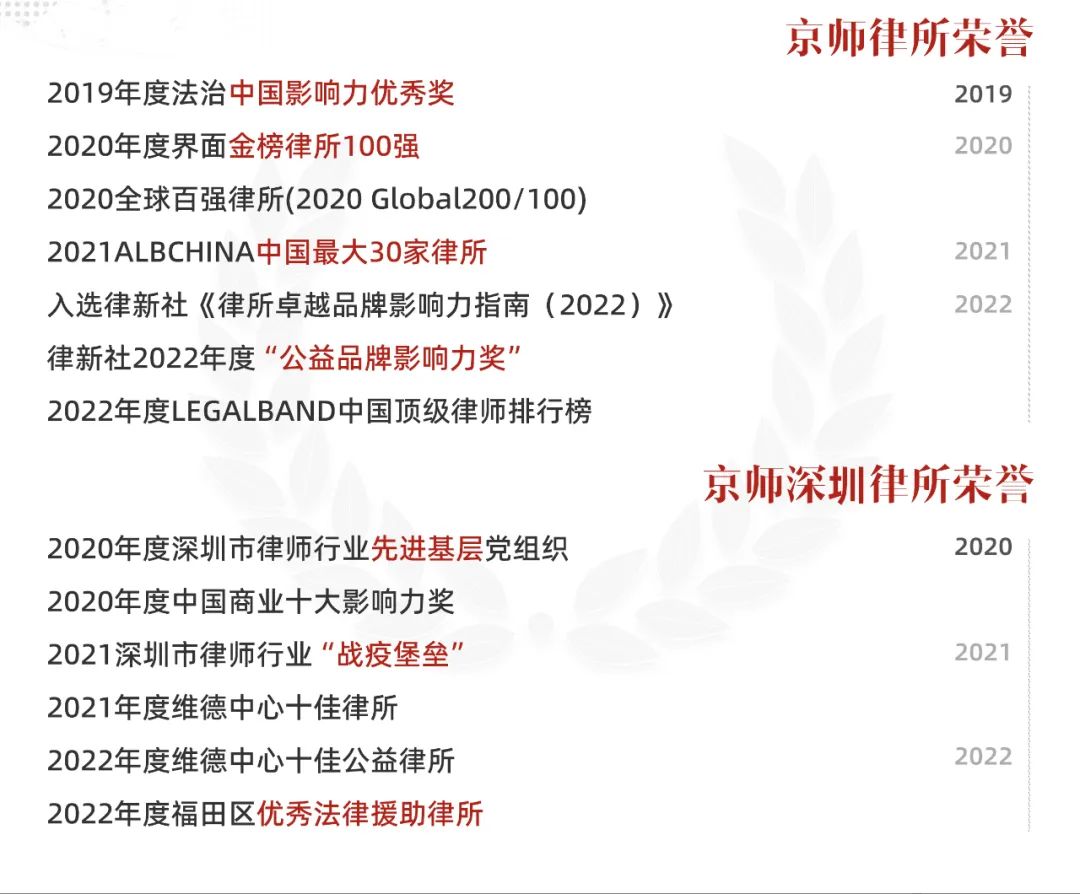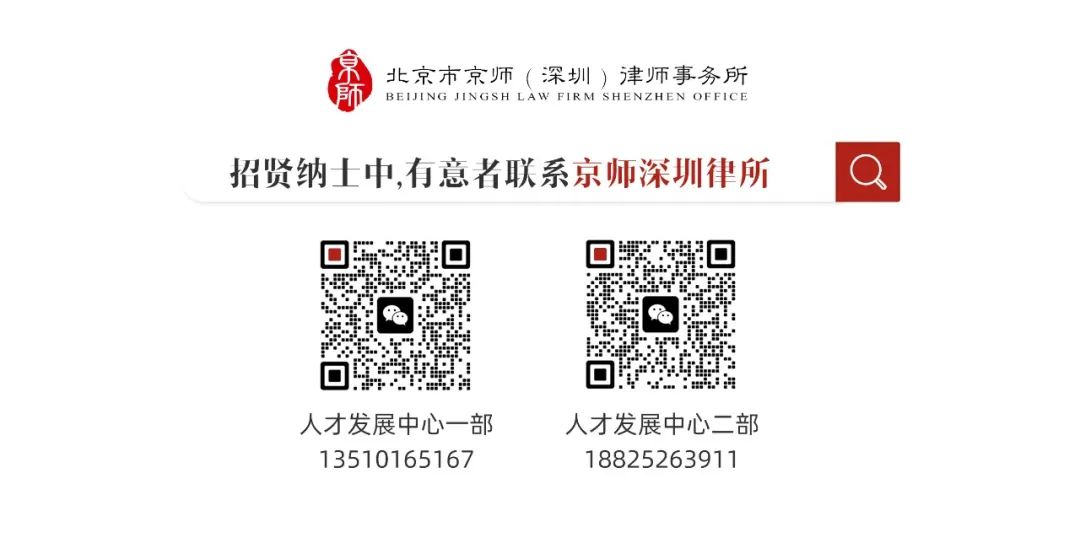
The origins of DAC7 can be traced back to the EU’s strategy to combat tax fraud, which laid the foundation for a more unified approach to tax information exchange within the Union. From DAC1 to DAC6, the scope of information exchange gradually expanded to cover banking data, cross-border tax rulings, country-by-country reporting, and aggressive tax planning. However, DAC7 takes a significant step forward by shifting the focus to digital platforms, reflecting the trend of digitalization in the global economy.
The core objective of DAC7 is to enhance transparency and tax fairness in activities conducted on digital platforms. To this end, the directive mandates the automatic exchange of information regarding sellers on digital platforms, covering a wide range of goods and services. This move has profound implications for traditional financial institutions and the growing digital economy.
01
Main Provisions
Scope of Application: DAC7 applies to various digital platforms, including those facilitating real estate rentals, personal services, goods sales, and vehicle rentals.
Information Exchange Requirements: Digital platform operators are responsible for reporting detailed information about sellers, including their identities, generated revenues, and the nature of the services or goods sold.
Compliance Obligations: Platform operators must fulfill strict due diligence and reporting requirements to ensure the accuracy and timeliness of information exchange.
02
Compliance Requirements for Cross-Border E-Commerce
Information Reporting and Transparency: Under DAC7, cross-border e-commerce platforms must report transaction data to EU tax authorities, including the value of goods, quantities, seller information, etc., to ensure transparency in tax regulation. This requirement helps curb tax evasion and avoidance but also increases the compliance burden on cross-border e-commerce.
Identity Verification and VAT Registration: Sellers need to legally register within the EU and obtain a VAT number to operate and report taxes legally within the EU. This requirement ensures the legality and transparency of taxation but also increases the registration and compliance costs for sellers.
Payment and Settlement: According to DAC7, cross-border e-commerce must ensure the ability to accept payments from within the EU and pay taxes on time. This requirement helps ensure the timeliness and completeness of tax payments but also imposes higher demands on the payment and settlement systems of cross-border e-commerce.
The specific implementation and requirements may vary depending on the domestic laws and regulations of member states. For instance, according to Amazon’s platform requirements, if a seller’s company is an EU domestic company and has generated sales of €2,000 or more in the EU this year, or achieved more than 30 transactions, the seller must provide the information stipulated in the Administrative Cooperation Directive – Amendment 7 (DAC7) by October 1 of this year.
If a seller fails to take any action within 60 days of receiving the platform’s first notice and does not submit the required information, Amazon will deactivate the seller’s account and withhold funds until the seller provides the required information and passes database verification.
03
The Impact on Cross-Border E-Commerce Operating Costs
Increased Compliance Costs: To comply with DAC7, cross-border e-commerce needs to invest more resources in tax compliance, data reporting, etc., increasing operational costs. This may impose significant financial pressure on small and medium-sized cross-border e-commerce businesses.
Technological Integration and Data Security: Cross-border e-commerce must ensure its IT systems can seamlessly connect with the EU tax authorities’ systems while ensuring data security. This may require additional technological investments and resource integration to ensure system stability and security.
Logistics and Delivery: Due to the VAT declaration and payment requirements within the EU, cross-border e-commerce needs to optimize its logistics and delivery strategies to ensure timely tax payments and meet other compliance requirements. This may impose higher demands on the supply chain management and logistics networks of cross-border e-commerce.
04
The Impact on Market Competition
Competitive Advantage for Compliant Enterprises: Cross-border e-commerce that can quickly adapt to DAC7 requirements will gain a competitive advantage, raising market entry barriers and protecting the interests of compliant enterprises.
Brand Building and Reputation: Tax-compliant enterprises are more likely to gain consumer trust, which is beneficial for brand image establishment and market expansion.
Market Expansion and Potential: Although it poses challenges in the short term, DAC7 will help open up the EU market, bringing more business opportunities and development potential for compliant enterprises in the long run.
05
The Impact on Consumer Experience
Increased Shopping Costs: Due to DAC7’s tax regulation requirements for cross-border e-commerce, prices for certain goods may rise, affecting consumers’ willingness to purchase and their shopping experience.
Enhanced Shopping Experience: For businesses that comply with tax regulations, consumers can enjoy faster, safer delivery services and better after-sales service. This helps improve consumer shopping experience and loyalty.
Increased Information Transparency: Consumers can better understand the tax situation and pricing structure of goods, enhancing information transparency. This helps strengthen consumer trust and loyalty towards cross-border e-commerce.
06
Seller Response Strategies
To respond to the impact of the DAC7 directive, sellers should take the following measures:
1. Understand and comply with EU tax regulations to ensure timely tax payments.
2. Ensure communication with buyers in a language they understand so they can comprehend tax regulations and pay taxes on time.
3. Understand and comply with EU intellectual property regulations to ensure that sold goods do not infringe on any intellectual property rights.
4. Communicate currency and payment issues with buyers so they can understand and accept pricing and tax regulations from different countries.
5. Ensure communication with buyers regarding language and cultural differences so they can understand and accept different consumption habits and expectations.
6. Ensure communication with buyers about return and after-sales service issues so they can understand and accept different return and after-sales service policies.
Some sellers are currently adopting the following strategies to evade the DAC7 directive:
UK domestic accounts have a tax-free threshold of £85,000 on the UK site. Sellers can sell directly without binding VAT as long as they do not exceed £85,000. By registering multiple UK domestic businesses on Amazon’s UK site, sellers can authorize their old stores to these domestic stores and sell the same product with the old account. During stocking, they can distribute a certain quantity of products to these domestic stores. Thus, the annual sales of each domestic store do not exceed £85,000, and they do not need to register for UK VAT or pay any taxes.
Northern Ireland domestic accounts belong to the UK business registry, but Northern Ireland has an EU agreement. Therefore, Northern Ireland can sell on the UK site without being subject to withholding tax and can also sell on the European site without being subject to withholding tax, even unaffected by DAC7 since it does not belong to the EU member states. As it is managed by the UK business registry, it has a tax-free threshold of £85,000 on the UK site. Sellers can sell directly without binding VAT as long as they do not exceed £85,000.
In summary, the implementation of the DAC7 directive will make cross-border e-commerce taxation more transparent and standardized. Sellers need to understand and comply with EU tax regulations and related provisions to ensure the compliance and sustainability of their business. At the same time, sellers also need to adapt to the new tax environment and take measures to improve their business efficiency and competitiveness.
Author Introduction

Lawyer Xu Wei
Deputy Director of the Tax Law Team of Zhongheng Law Firm, Certified Public Accountant, Certified Tax Agent, with 10 years of professional experience. Through a dual professional background in law and finance, he provides value-added legal services for enterprises in management, business activities, economic disputes, capital operations, etc., achieving a balance between “legality” and “efficiency” for enterprises.

Lawyer Leung Vera
Master of Law, Deputy Secretary-General of the Business Professional Committee of Beijing Jing Shi (Shenzhen) Law Firm, Legal Counselor at Shenzhen Yuanling Primary School. Holds a securities qualification. Since practicing, has focused on corporate bankruptcy liquidation, corporate compliance, company legal affairs, civil dispute resolution, and has rich practical experience, adept at using various methods to resolve complex issues.





